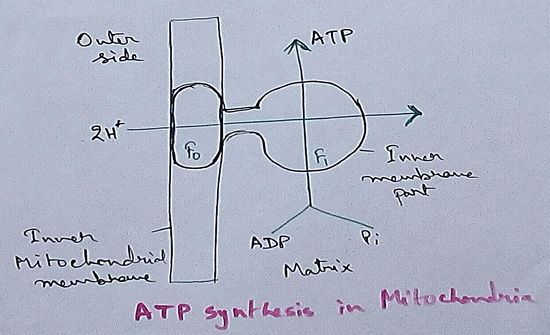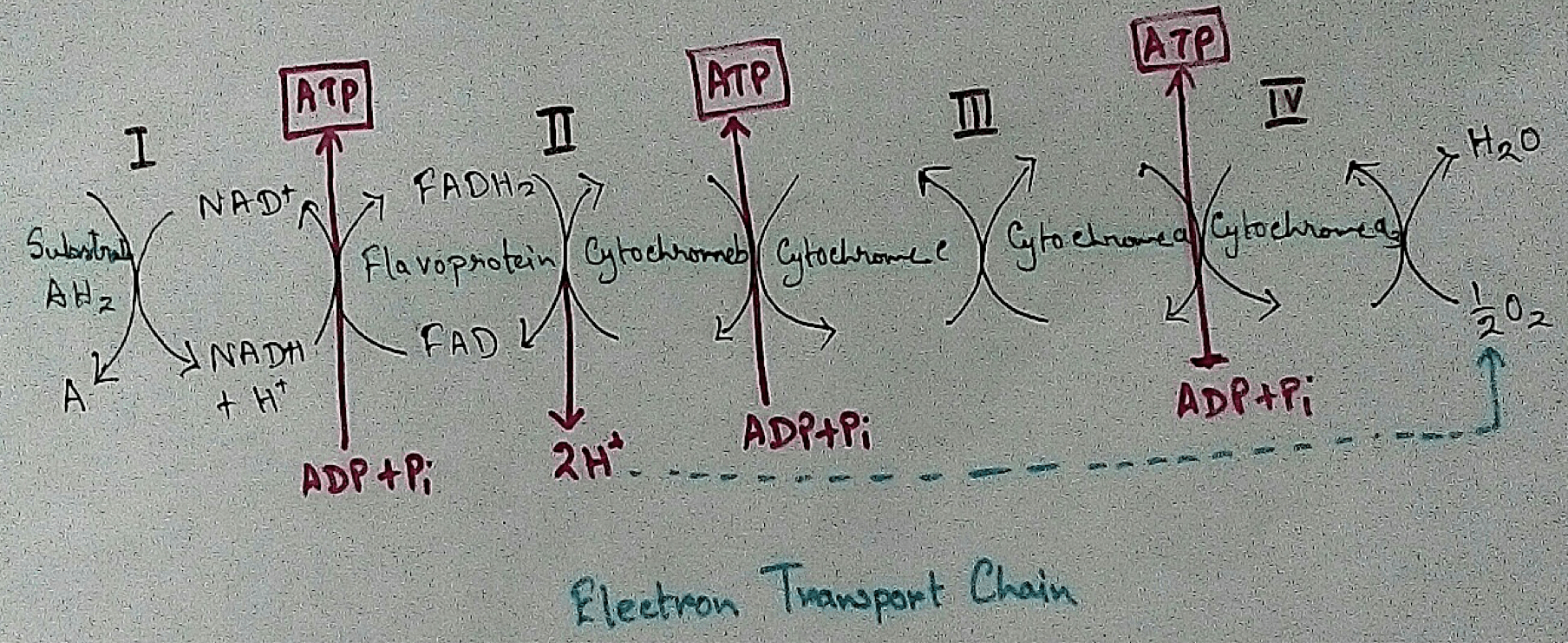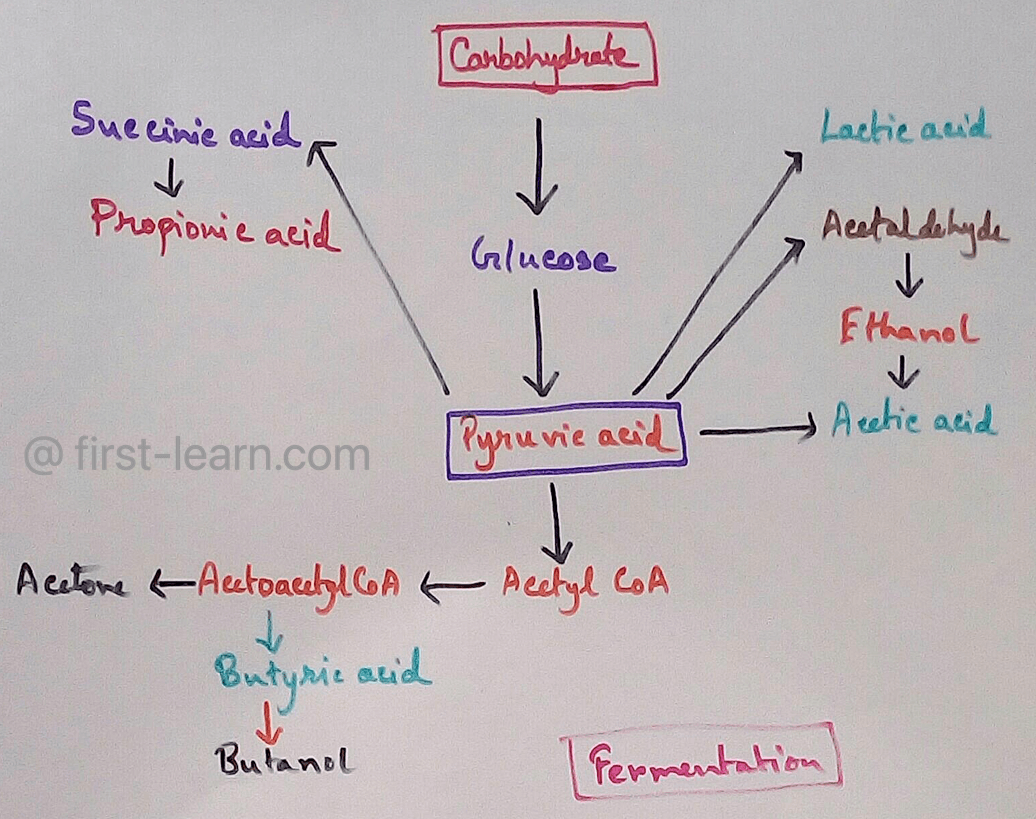English Grammar and Composition
We will discuss how easy to use English grammar and composition and the usage of it in daily routine. Grammar is the set of rules that changes the form of words and join them into sentences. One often hears linguists claim that the grammar of a language is caught and not taught. English grammar helps students to learn the nuances of a language which is not their mother tongue and the rules of which need to be reiterates for better retention. Here it is based on the fundamentals of English grammar and concentrates on and attempts to correct and the most frequent grammatical mistakes made by the students. To avoid wrong usage of Grammar we present grammatical facts clearly and assimilate them thoroughly so that students can apply them to communicate in everyday life.
Elements of English language, presented in these meaningful contexts, are then reinforced through a variety of activities such as puzzles, quizzes and dialogues. There are logical progressions of items from one topic to the other, from the simple to the complex aspects of language use.
We also ensure that the language we used here is simple and contemporary. We initiate the student or learners into the process of writing by asking them to supply a suitable word or two to complete a sentence meaningfully. Following that, students are encouraged to write a sentence on their own and finally they are made to compose a meaningful paragraph. Gradually, we provide ample opportunities to expand their skills in English language through the writing skills i.e., a comprehensive unit which covers every aspect of writing, composition and vocabulary components. New topics have been added on for example, notices, messages, telegrams, post cards, advertisement, diary writing, etc., Each concept of grammar is explained in detail and examples are given and simple worksheets are added which will help the students to grasp its functions.
We need words to express what we have in mind so that others may understand us. But words are not enough. Words have to be put in a definite order so that they may make sense. Such a group of words is called a Sentence.
Examples on Subject and Predicate
Ways of Forming the Feminine of Nouns
When and how to use Comparative Degree?
When and How to Use Superlative Degree?
The Correct Use of some Adjectives
Definite and Indefinite Articles
Personal Pronouns and Its Forms
Agreement of the Relative Pronoun with its Antecedent
Position of the Relative Pronoun
The Verb
Transitive and Intransitive Verbs
Active and Passive Voice
Passive Voice (Simple Present and Simple Past)
Passive Voice (Present Continuous and Past Continuous)
Passive Voice (Present Perfect and Past Perfect)
Passive Voice – Future Conditional
Mood
Tense
What is tense and the three main tenses.
Different Uses of the Four Forms of Present Tense
Different Uses of the Four Forms of Past Tense
Different Uses of the Four Forms of Future Tense
Adverbs
The Conjunction
Errors in the Use of Conjunctions
The Interjection
The Preposition
Special Uses of some Prepositions
Nouns followed by Prepositions
Adjectives and Participles followed by Prepositions
Verbs followed by Prepositions
The same Word used as Different Parts of Speech
From English Grammar and Composition to Home Page
Recent Articles
-
Respiratory Balance Sheet | TCA Cycle | ATP Consumption Process
Feb 18, 24 01:56 PM
The major component that produced during the photosynthesis is Glucose which is further metabolised by the different metabolic pathways like glycolysis, Krebs cycle, TCA cycle and produces energy whic… -
Electron Transport System and Oxidative Phosphorylation | ETC |Diagram
Feb 04, 24 01:57 PM
It is also called ETC. Electron transfer means the process where one electron relocates from one atom to the other atom. Definition of electron transport chain - The biological process where a chains… -
Tricarboxylic Acid Cycle | Krebs Cycle | Steps | End Products |Diagram
Jan 28, 24 12:39 PM
This is a type of process which execute in a cyclical form and final common pathway for oxidation of Carbohydrates fat protein through which acetyl coenzyme a or acetyl CoA is completely oxidised to c… -
Aerobic Respiration | Definition of Aerobic Respiration | Glycolysis
Dec 15, 23 08:42 AM
This is a type of respiration where molecular free oxygen is used as the final acceptor and it is observed in cell. Site of Aerobic Respiration - Aerobic respiration is observed in most of the eukaryo… -
Fermentation | Definition | Types of Fermentation | Application
Nov 29, 23 10:27 PM
Definition of fermentation- It is a process that is energy yielding process of anaerobic oxidation of organic compounds which are carried out by the enzyme action of micro organisms where neither gase…




New! Comments
Have your say about what you just read! Leave me a comment in the box below.